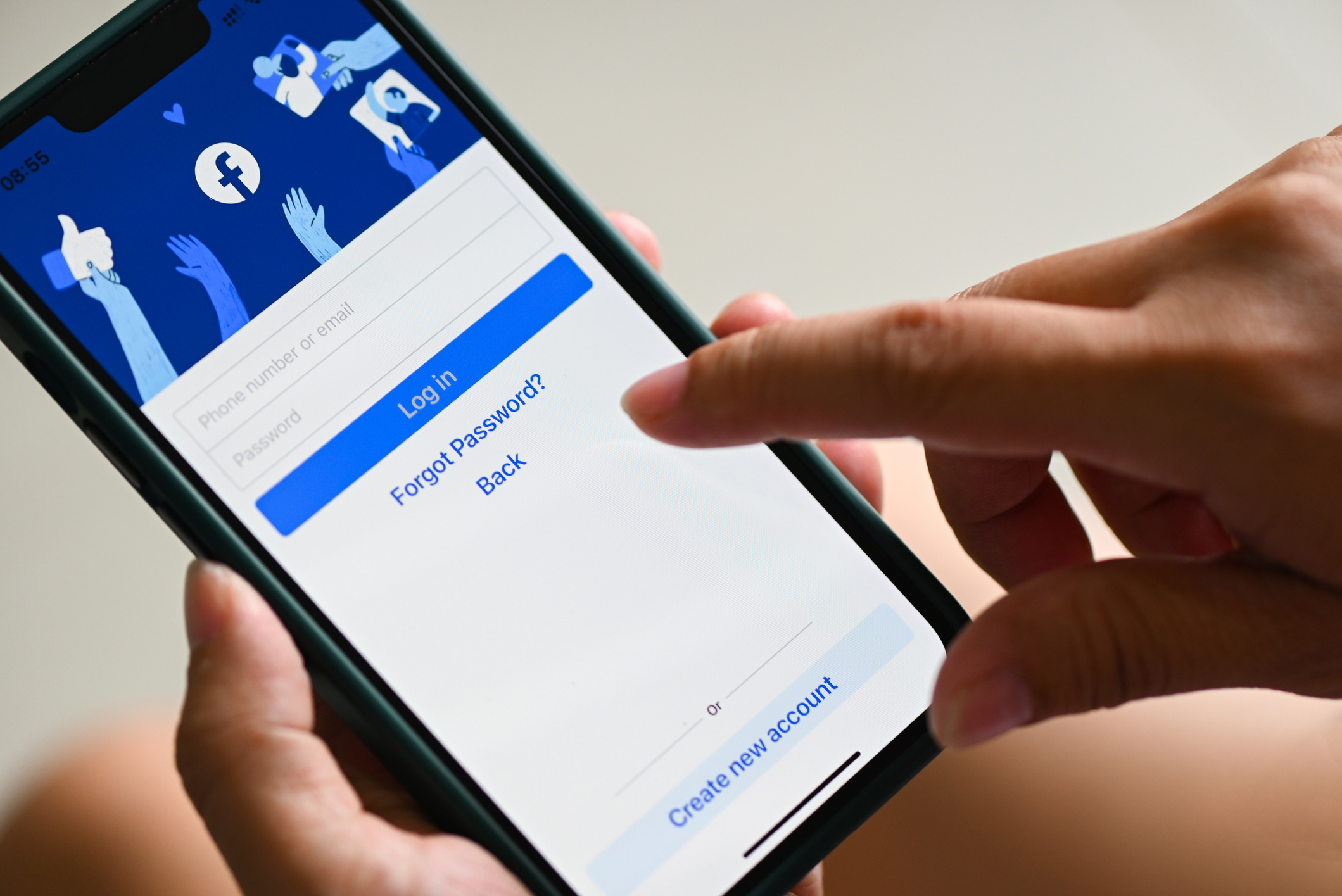Be Cautious of Scammers When Using Facebook Marketplace
Facebook Marketplace is a popular classified-ad section of the social network in which individuals can buy or sell items locally. It is similar to other e-commerce sites such as eBay, Craigslist, and OfferUp. However, because Facebook Marketplace has been accumulating so many users, scammers have deemed it an efficient place to trick buyers and sellers into stealing their money, items, or personal information. Below, we discuss some of the more prevalent scams common to Facebook Marketplace and how you can better avoid them.
Buyer Scams
Counterfeit Items - One of the most common ways scammers try to take advantage of individuals is by utilizing counterfeit goods. Scammers will sometimes list items replicating expensive luxury items extremely similar to their authentic counterparts, which can be hard for buyers to distinguish between. Before buying items, make sure you do some research on the seller. Comments or reviews from other Facebook users are a good tool to use when deciding if a seller is trustworthy or not. Try to steer clear of sellers new to the site with no recent reviews.
Undelivered Items - Another scam common to Facebook Marketplace is the undelivered item scam. This scam occurs when sellers list items for sale without the intention to ever deliver the item. Sometimes scammers may never be in possession of the items; in this case, asking specific questions about the items may lead to exposing the scammer. Unfortunately, more experienced scammers will often have the item in their possession, allowing them to take high-quality pictures and more persuasively trick the customer into believing in the authenticity of the sale. As we discussed previously with counterfeit goods, the best way to check if a seller is genuine is to research whether or not other people have exposed the scammer in the past via the review/comment section. Actions such as requesting immediate transfer, requesting to pay outside of Facebook Marketplace, asking to use cryptocurrencies, or refusing to meet in person should also raise immediate red flags.
Seller Scams
Overpayment Scams - An overpayment scam is a type of scam that the buyer can enact on the seller. After the buyer and the seller have agreed on a certain price amount, the buyer will send a phony screenshot depicting that the transfer was successful, but that they “accidentally” sent too much money. Always make sure to check your account or call your bank to ensure that the funds have arrived before sending any money back.
Lost Package Scams - Lost package scams occur when buyers falsely submit claims that their delivered package had never been delivered. The buyer asks the seller to refund them the money, hoping that the seller will believe their false claim. It’s important that you always keep shipping and tracking information handy after completing a sale so that you can back up your sale and avoid this scam.
Google Voice Number Scams - Beware of buyers asking for you to send your phone number to discuss purchase details. In this type of scam, the buyer will utilize your phone number to create a Google Voice account. The scammer then attempts to trick the victim into sending the one-time-passcode or 2FA code sent to the victim’s phone when the scammer sets up the account. This code is a verification method to ensure that the person opening the account is actually that person, and not someone who has stolen their information. If you give them this code, they can then use your phone number to commit other scams and steal your identity. Never provide a one-time-passcode code to any other party; this is a massive red flag that you are dealing with a scammer.
Phishing Scams
Phishing scams can be utilized on Facebook Marketplace to trick buyers and sellers alike. The goal of these types of scams is to collect as much personal information from the buyer/seller as possible and use that information to engage in other scams such as identity theft. Fraudulent sellers will also sometimes create fake malicious websites linked in their Facebook Marketplace listing. It’s better to avoid clicking on any links associated with item listings to avoid contracting any malicious software onto your device. To help avoid phishing scams on Facebook Marketplace, consider these tips:
- Avoid sharing personal information unless absolutely necessary.
- Always exercise extreme caution if you believe any inquiries to be suspicious.
- Check to make sure buyers/sellers Facebook account is real and reviews/comments are positive before reaching out.
- Utilize traceable and secure payment methods.
- Never click on any links without first checking the authenticity of the site (manually entering the URL on google should help verify this).
- Utilize strong security habits such as setting strong passwords and enabling multifactor authentication.
- Report scammers to Facebook Marketplace and be sure to leave comments/reviews to warn others.
Click here for more information on Facebook Marketplace safety.
